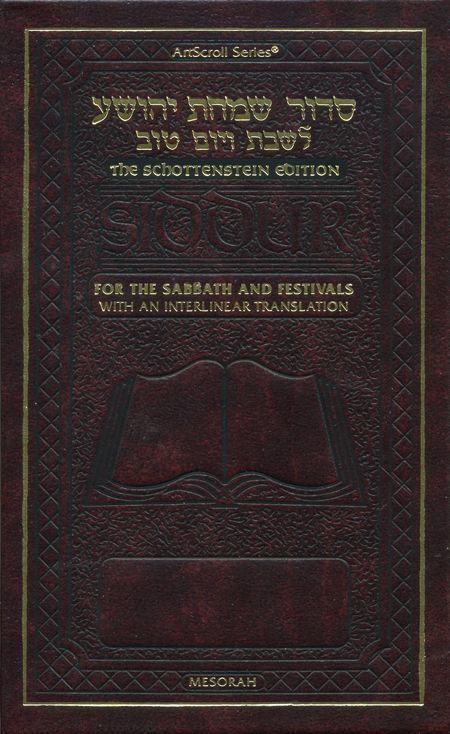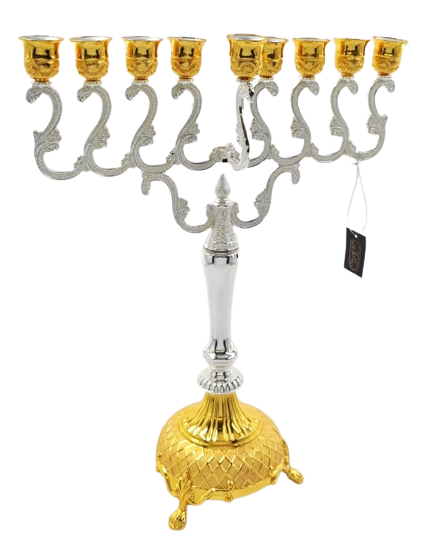
Is Jewish Identity Enough?
Is it enough to be a Jew in your heart, without keeping Torah and mitzvot in practice? The blessing on the 4 species teaches us a powerful answer…

Four species, etrog, lulav, Jewish identity, Jew in my heart, good deeds, mitzvot, Torah, practical expression, intellectual faith, Season of our Joy.
There is a well-known question: Of all the “four species” of plants we take during our prayers on the festival of Sukkot, the most honored and special species is the Etrog. The Torah mentions it first “and you shall take for yourself the fruit of a citrus tree.” When people go to buy their set of the “four species,” they generally say “I am going to buy an Etrog,” since it is the most expensive of the four, and the one that requires the most special care to choose. If this is the case, why do we recite a blessing “al netilat Lulav” – “for taking the Lulav,” instead of “al netilat Etrog” – “for taking the Etrog”?
In the modern world, I often meet Jews who erroneously tell me, “I do not consider myself religious or observant, but I am a believer. I feel that the main thing is to be a Jew in my heart, and believe that I have a Jewish identity”. Such people feel that it is enough to believe that God exists, and to let everyone know that “I am a Jew!” and that this is enough to fulfill his obligations toward Judaism.
Now, there is definitely no question that those people have a valid point, because a Jewish Heart is indeed a very valuable thing. However, just like it is impossible for a healthy heart to survive if the rest of the body is unhealthy, so too it is with the spiritual lives in Judaism. It is not enough to just have a Jewish heart. That Jewish heart needs to pump a life-force to every area of our lives, just like in the physical body. The importance of the heart is to lead and have responsibility for the workings of every part of the body.
A Jew needs to justify the fact that God chose the Jewish People by virtue of his deeds, not only by the inner feelings of his heart. A Jewish life needs to be accentuated by good deeds, works which fit their doers. This can be acquired through the knowledge that the Torah and mitzvot are not man-made, but were received by our nation directly from the Creator. He created mankind and designed us, and knows the strengths which He Himself endowed us with, every capability and limitation we have, both the desires of the body and the needs of the soul. Human beings are composed of both material and spiritual aspects, and the balance between these two opposites is to ensure that our deeds are guided by the laws of Hashem, the active mitzvot of the Torah.
Imagine a soldier telling his commanding officer, “Believe me, Commander, I am a big patriot in my heart and a very distinguished soldier!” The commander could be impressed by his lofty feelings and good intentions, but if his intentions are not accompanied by practical behaviors which correspond to the intentions, it is difficult to imagine that the commander would take him seriously. If a soldier does not follow the rules of the army, he cannot justify his claims that he is a patriot. The army has rules which have been established to ensure the successful workings of the country, and the soldier is required to fulfill these rules perfectly.
This is true in any field: if someone works, for example, can he be called a “worker” and get paid if he doesn’t actually do the work?!
So too in the Jewish life, if you really believe, with a warm Jewish heart, you need to actualize this through practical expression.
In recent generations, these words were proven in actuality. Various heretical groups have attempted to give up on several practical applications of Judaism, claiming it is sufficient to be a Jew emotionally in one’s heart or intellectually in the mind without requiring the observance of Jewish practices. The result was that after one or two generations, to our great despair, nothing remained of the intellectual faith or the “Jewish Heart,” unfortunately to see such a shameful waste.
The reason for the mitzvah of taking the “four species” is explained in the Midrash. Since this is the harvest festival, when we harvest the produce of the field, it is the greatest time of joy. Therefore, our liturgy calls this holiday “Zman Simchaseinu – The Season of our Joy.” God wanted to give us the merit that our joy should be complete, both a physical joy and a spiritual joy, as we remember His mitzvot.
God chose these four species because they resemble various parts of the human body, since all of our service to God depends on thought, speech, and action. The Etrog resembles the heart, since thought is often represented in the Torah by the term “heart.” The willow leaves of the Aravah resemble the lips, where speech comes from. The Lulav resembles the spine, which is the edifice of the structure of the entire human body, connected to every movement of the bones and the limbs. The Myrtle leaf of the Hadas resembles the eye, every deed we do is aroused by the eyes, since the eye sees and the heart desires. When a person reflects on these four species, he can focus his thoughts to God’s Service.
Only through binding these four close together with the Lulav, which hints to the service of God through one’s deeds, the Etrog, which represents the heart, will also remain in its glory and beauty. It is impossible to leave behind all of the holy desires of the heart without actualizing these feelings with practical physical actions.
The main thing is to continue and to keep the Godly Revelations which we received during the High Holy Days which just passed with actual deeds. Whatever inspiration we experienced in exalted moments of prayer, Torah Study and hearing Torah lectures, should be continued and brought to fruition.
Therefore, we recite the brachah on the Lulav, which represents the material deeds, and not on the Etrog which represents our mind and heart, to show that the most important things are proper deeds and behavior in being Jewish.
As the continuity of Judaism among our children is based upon the foundation of keeping mitzvot with joy, faith and trust, it is not enough just to talk about this. Children naturally are impressed by action, as this makes a strong impression on their imagination and enters deeply into their hearts. This is why Hashem commanded us to live in a Sukkah, to tangibly demonstrate the events so that they be remembered and transmitted to future generations.
This is the true meaning of the verses in the Torah: “and you shall rejoice before Hashem your G-d for seven days,” after which is written: “you shall dwell in a Sukkah for seven day, in order that your generations should know that I caused the Children of Israel to dwell in a Sukkah when I took them out from Egypt.” Sitting in the Sukkah and keeping Hashem’s mitzvot with joy will ensure “that your generations should know,” that future generations will also follow the true proper path.
May we all celebrate G-d’s goodness together, performing His holy mitzvot with joy and gratitude so that we may continue to develop as healthy, wholesome Jews in mind, body and spirit.
***
The Kalever Rebbe is the seventh Rebbe of the Kaalov Chasidic dynasty, begun by his ancestor who was born to his previously childless parents after receiving a blessing from the Baal Shem Tov zy”a, and later learned under the Maggid of Mezeritch zt”l. The Rebbe has been involved in outreach for more than 30 years, and writes weekly emails on understanding current issues through the Torah. You can sign up at www.kaalov.org.











